Manjiro, The Man Who Discovered America
Manjiro, The Man Who Discovered America
This is a story of Manjiro Nakahama alias John Mung, a fisherman's boy who was shipwrecked and rescued by the John Howland, a New Bedford whaling ship, from an un charted island in the Pacific in 1841 when, incidentally, Herman Melville, author of Moby Dick, was sailing in another New Bedford whaling ship, the Acushnet, in the same waters. Under the fatherly care of the captain of the whaling ship, Manjiro was taken to America as the first Japanese to be educated and to live there, and later he managed to return to his native land, then pursuing a rigorous isolation policy which prohibited anyone from entering the country on pain of death. He became a "Voice in the wilderness" and helped open his countrymen's eyes to modern civilization, playing no small part in aiding his country's gradual evolution from feudalism to democracy. More than a century has elapsed since then, but the spirit of adventure and progress and the virtues of kindness and goodwill as exemplified in his life are alive today.
Book Excerpt
ck to the cave. They improvised a door in order to prevent the cold wind from blowing into the cave. Then they snuggled close to one another to keep warm and tried to sleep, but now they felt very lonely. So they kept on talking to one another in an attempt to forget their unbearable restlessness.
"What do you think," asked Denzo, "is the name of this island? It seems far out in the south. But it cannot be one of those southern islands it is too cold for that. Perhaps, we are in the extreme east." The question which was beyond the comprehension of an experienced fisher man like Denzo naturally remained a mystery to the rest of them.
"Is this a part of Japan?" put in Toraemon. "If the island is in the extreme east, it must be somewhere further east than Izu. But I have never in my life heard that if you go further east it gets colder. Doesn't the end of the earth lie in the north?"
"As for the end of the earth," explained Denzo, "it makes no difference which way you go, east or west or sou
Editor's choice
(view all)Popular books in History, Post-1930
Readers reviews
0.0
LoginSign up
Be the first to review this book

 Free Download
Free Download













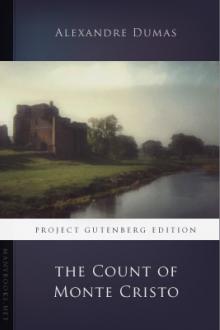
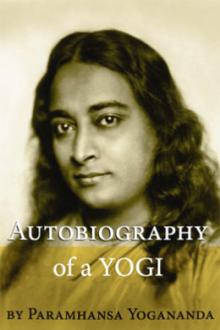
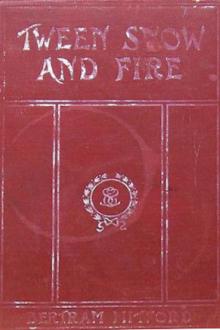
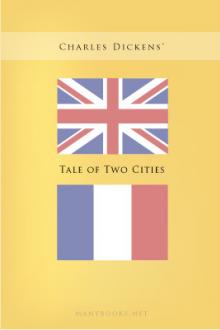
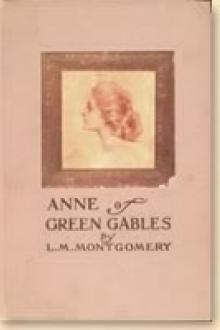
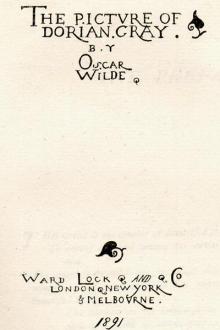
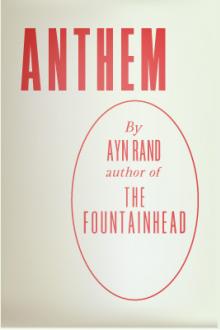
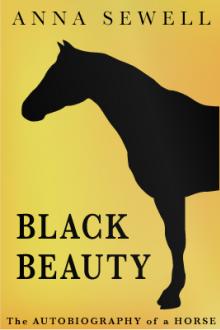


-itok=vcKIB5v1.jpg)